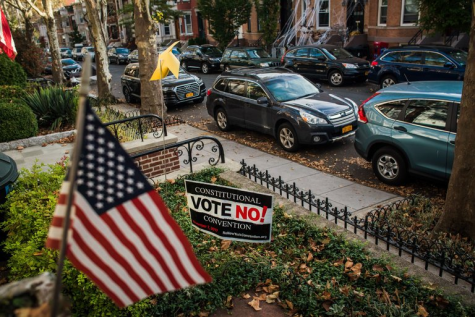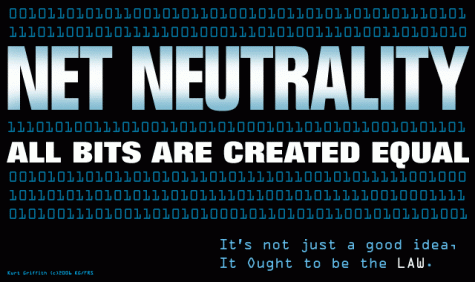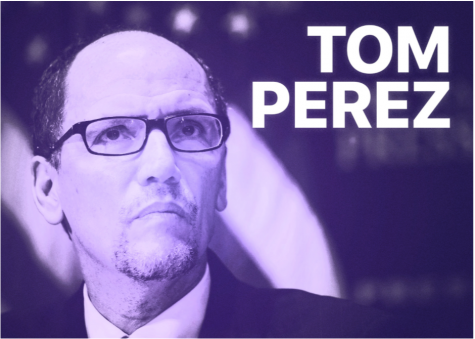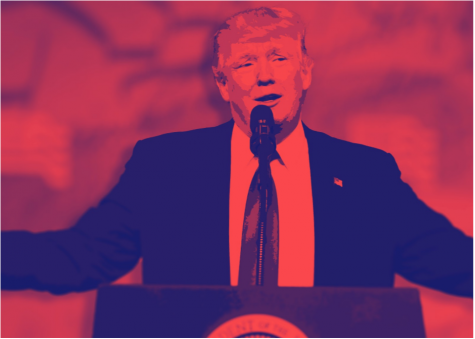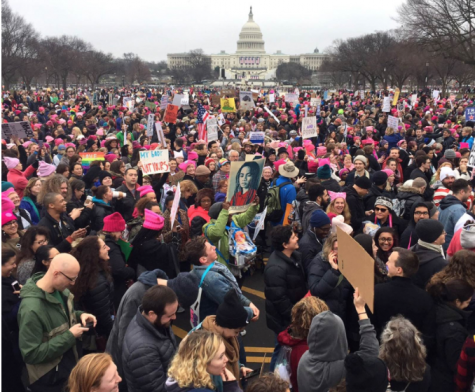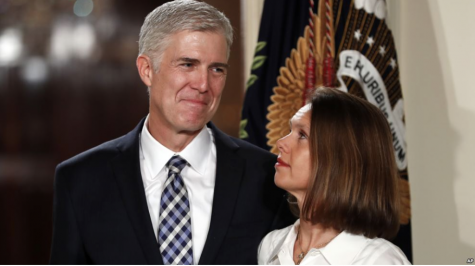An Overview on Lobbying

With the 2016 election just around the corner, candidates will do anything and everything to get the lead to make them win. But, like the rest of the world, everything costs money. So the question is: How do the candidates get money for their campaign and ads? And what are the consequences?
With elections only getting more expensive, money needs to be obtained for a successful campaign. Government officials sometimes turn to lobbyists — people who sway opinions, votes, or ask for favors in the future, often through bribery. But lobbying is not limited to presidential candidates. It happens all throughout the government.
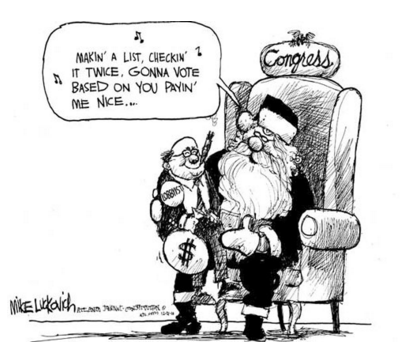
Many people have been convicted for illegally lobbying.
One example is lobbyist Paul Magliocchetti giving money to Rep. Peter J. Visclosky. According to The Washington Post, Rep. Peter J. Visclosky offered him legislative earmarks in exchange for campaign contributions annually for about a decade.
It is extremely expensive to continue running in the election, and many people don’t have enough money to spend. They accept donations or anything they can take. Occasionally, it could be done illegally to fly under the radar. Time to time, the outcomes of such an action could result in favors to be fulfilled, which can control the person in office. As some say, money talks.





